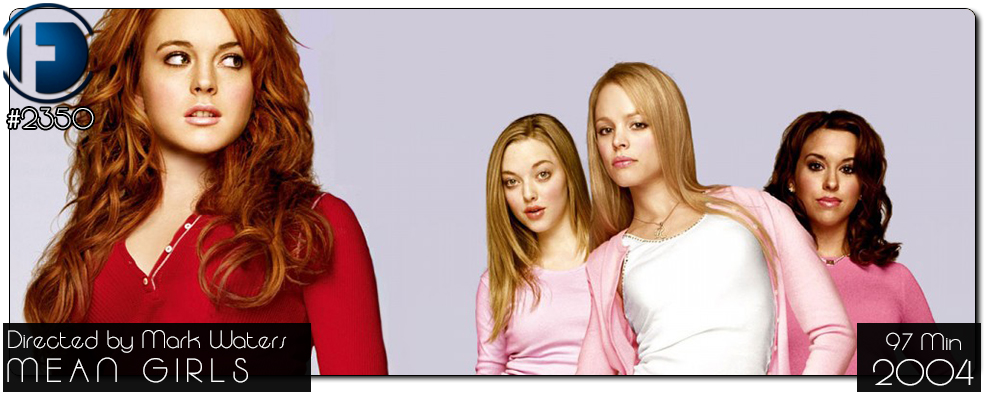Movie Review – Mean Girls (2004)
Principal Cast : Lindsay Lohan, Rachel McAdams, Tina Fey, Tim Meadows, Amy Poehler, Ana Gasteyer, Lacey Chabert, Lizzy Caplan, Daniel Franzese, Neil Flynn, Jonathan Bennett, Amanda Seyfried, Rajiv Surendra.
Synopsis: Cady Heron is a hit with The Plastics, the A-list girl clique at her new school, until she makes the mistake of falling for Aaron Samuels, the ex-boyfriend of alpha Plastic Regina George.
********
In the halls of North Shore High School, where social cliques reign supreme and teenage drama unfolds with Shakespearean flair, Mean Girls (2004) emerges not just as a teen comedy, but as a cultural touchstone. Directed by Mark Waters and penned by Tina Fey, this film navigates the perilous terrain of high school politics with a blend of biting satire and heartfelt insight. From its iconic one-liners to its astute portrayal of teenage angst and ambition, Mean Girls remains a witty and incisive exploration of the complexities of adolescence, capturing the essence of teenage life with humour and genuine empathy.
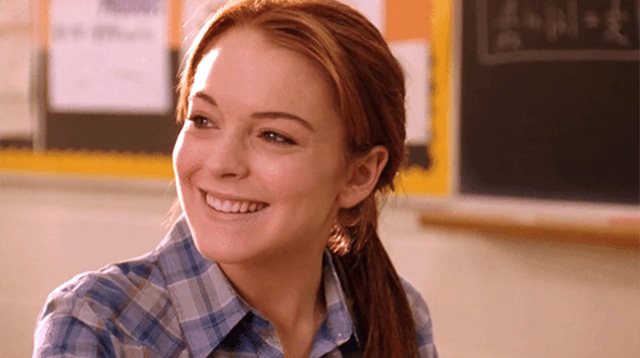
Set in the suburban jungle of North Shore High School, the story follows Cady Heron (Lindsay Lohan), a previously home-schooled teenager navigating the murky waters of public school for the first time. She soon becomes entangled with the infamous “Plastics”: Regina George (Rachel McAdams), Gretchen Wieners (Lacey Chabert), and Karen Smith (Amanda Seyfried). Led by Regina, the Plastics rule the school with a blend of popularity, manipulation, and passive-aggressive niceties that are as intoxicating as they are toxic.
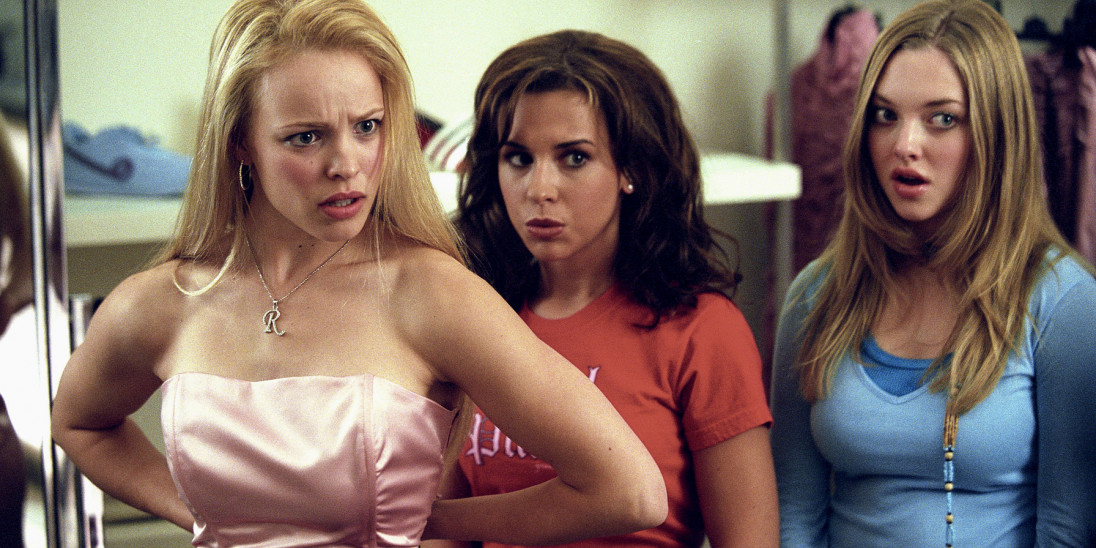
Led by a talented ensemble, Mean Girls boasts performances that elevate its already sharp script. Lindsay Lohan shines as Cady Heron, effortlessly transitioning from wide-eyed innocence to savvy manipulator as she navigates the pitfalls of high school. Rachel McAdams commands the screen as Regina George, delivering a performance that blends icy charm with vulnerability, making Regina both formidable and surprisingly relatable. Lacey Chabert and Amanda Seyfried bring sharp ironic wit to their (dimwitted) roles as Regina’s loyal followers, Gretchen Wieners and Karen Smith, respectively, infusing their characters with a mix of comedy and pathos. Meanwhile, Tina Fey’s turn as Ms. Norbury, the math teacher with a secret side hustle in guiding troubled teens, adds a layer of wit and wisdom to the ensemble.
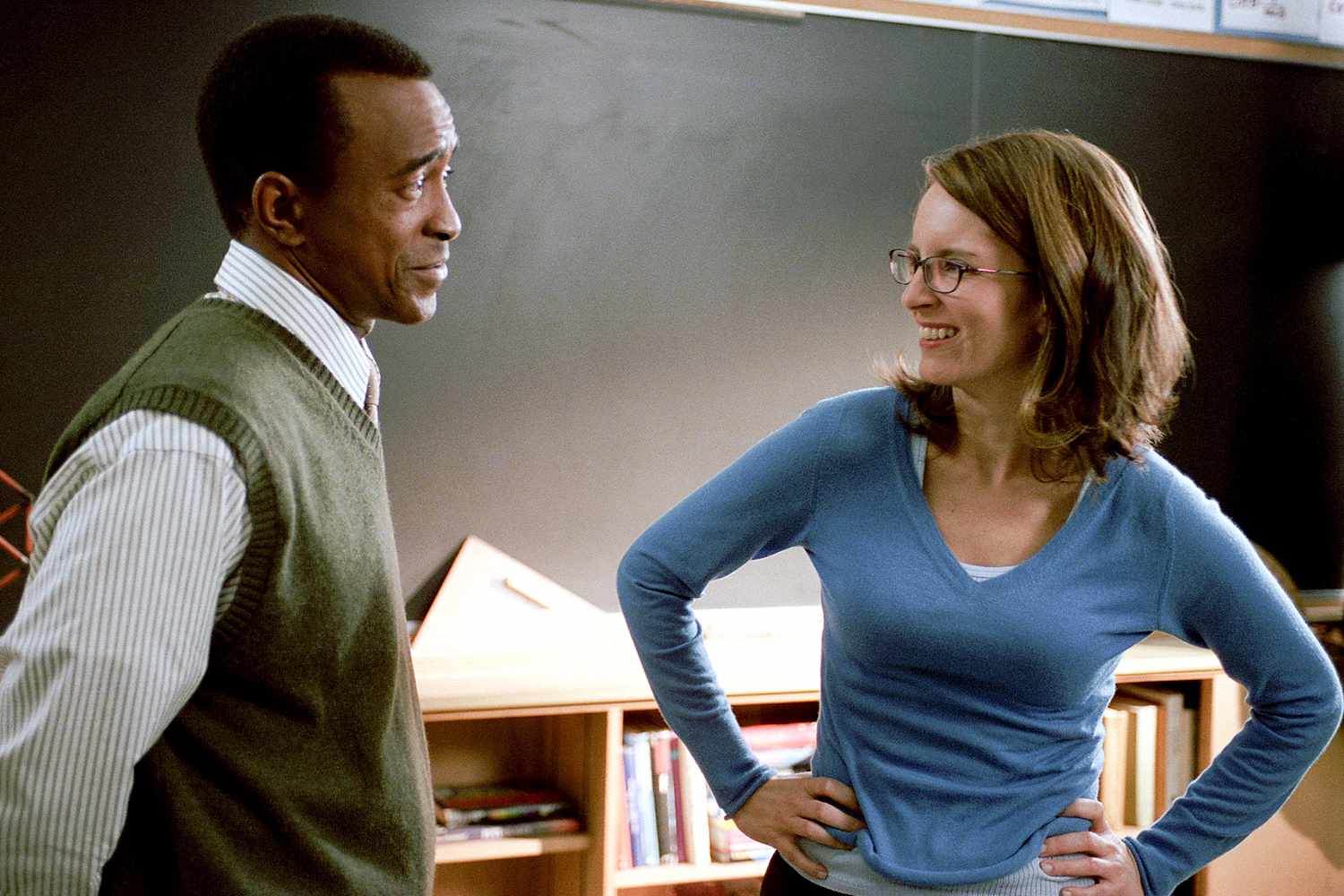
What sets Mean Girls apart is its keen understanding of the modern teenage psyche. Tina Fey’s script (based on a non-fiction book by Rosalind Wiseman entitled “Queen Bees And Wannabes”) deftly balances biting satire with genuine empathy, capturing the absurdities of high school life while dissecting the underlying insecurities and pressures that drive adolescent behaviour. Each character, from the calculating Regina to the insecure Gretchen and the ditzy Karen, embodies familiar archetypes that resonate beyond the screen, reflecting universal truths about identity, peer pressure, and the quest for acceptance.
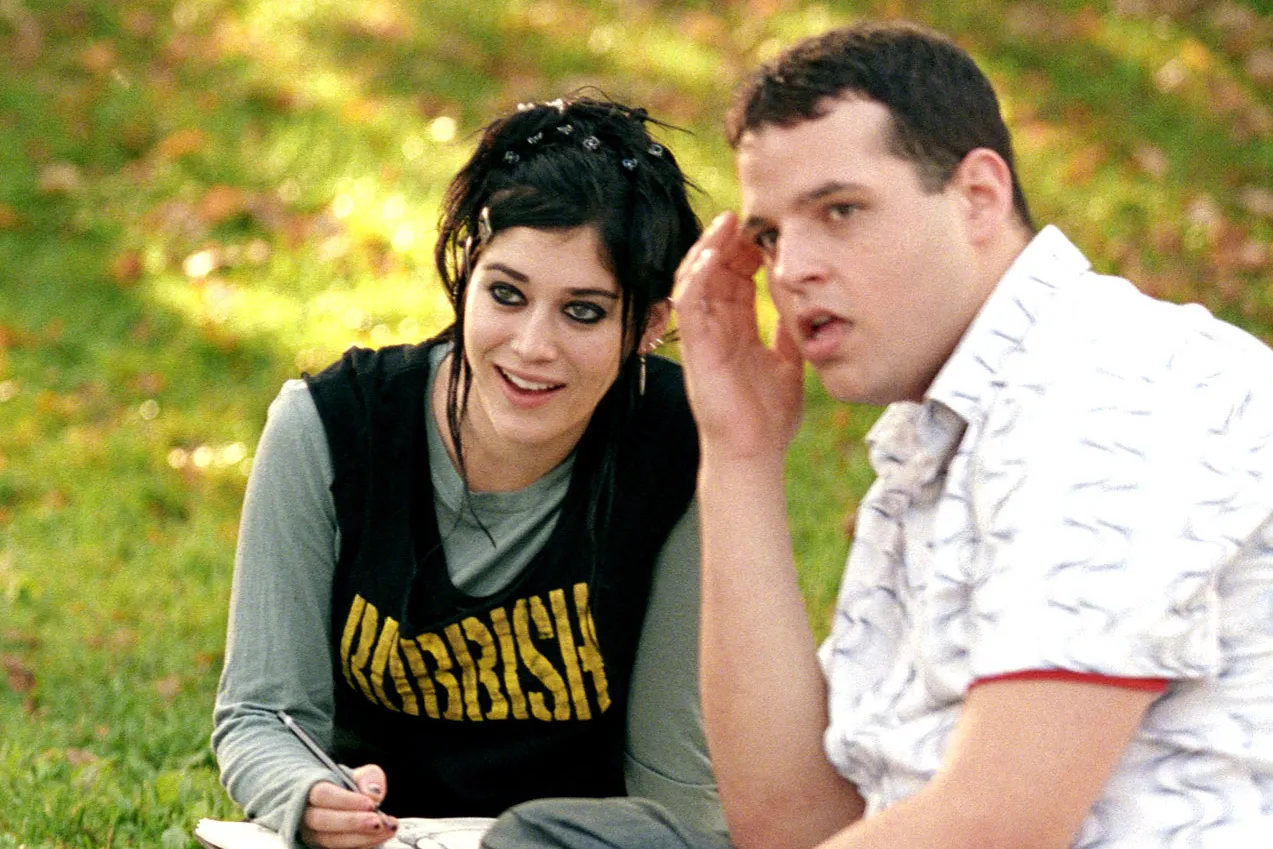
Comparisons to classics like Clueless and American Pie are inevitable, yet Mean Girls carves out its own niche by subverting expectations and delivering a nuanced portrayal of teenage sexuality and social dynamics. Unlike its predecessors, which often leaned on caricature, Mean Girls crafts characters with depth and complexity. Regina George, for instance, oscillates between queen bee cruelty and moments of vulnerability, while Cady’s transformation from naïve newcomer to calculating insider raises questions about identity and moral compromise. The film’s humour is equally sharp, blending situational comedy with Fey’s trademark wit. Memorable quotes like “On Wednesdays, we wear pink” and “You can’t sit with us!” have seeped into pop culture lexicon, testament to the film’s enduring impact. Yet beneath the laughs lies a poignant exploration of power dynamics and the consequences of betraying friendships for social gain.

In terms of representation, Mean Girls deftly navigates issues of sexuality and gender, presenting characters who defy stereotypes. Damian (Daniel Franzese), for example, challenges norms with his unabashed love for musical theatre and non-conforming attitude, while Janis Ian (Lizzy Caplan) offers a refreshing take on the outsider turned reluctant ally. These characters add layers of diversity and complexity to the narrative, enriching the film’s portrayal of modern adolescence. Ultimately, Mean Girls remains a standout in the teen comedy genre not just for its laughs, but for its incisive commentary on teenage life. By blending comedy with astute observations about power, friendship, and the perils of conformity, the film transcends its genre to become a timeless exploration of the human condition. With its superb script, memorable characters, and then-bold exploration of modern sexuality, Mean Girls secures its place as a modern classic, continuing to resonate with audiences who recognize the modernised truths behind its pink-clad façade.

